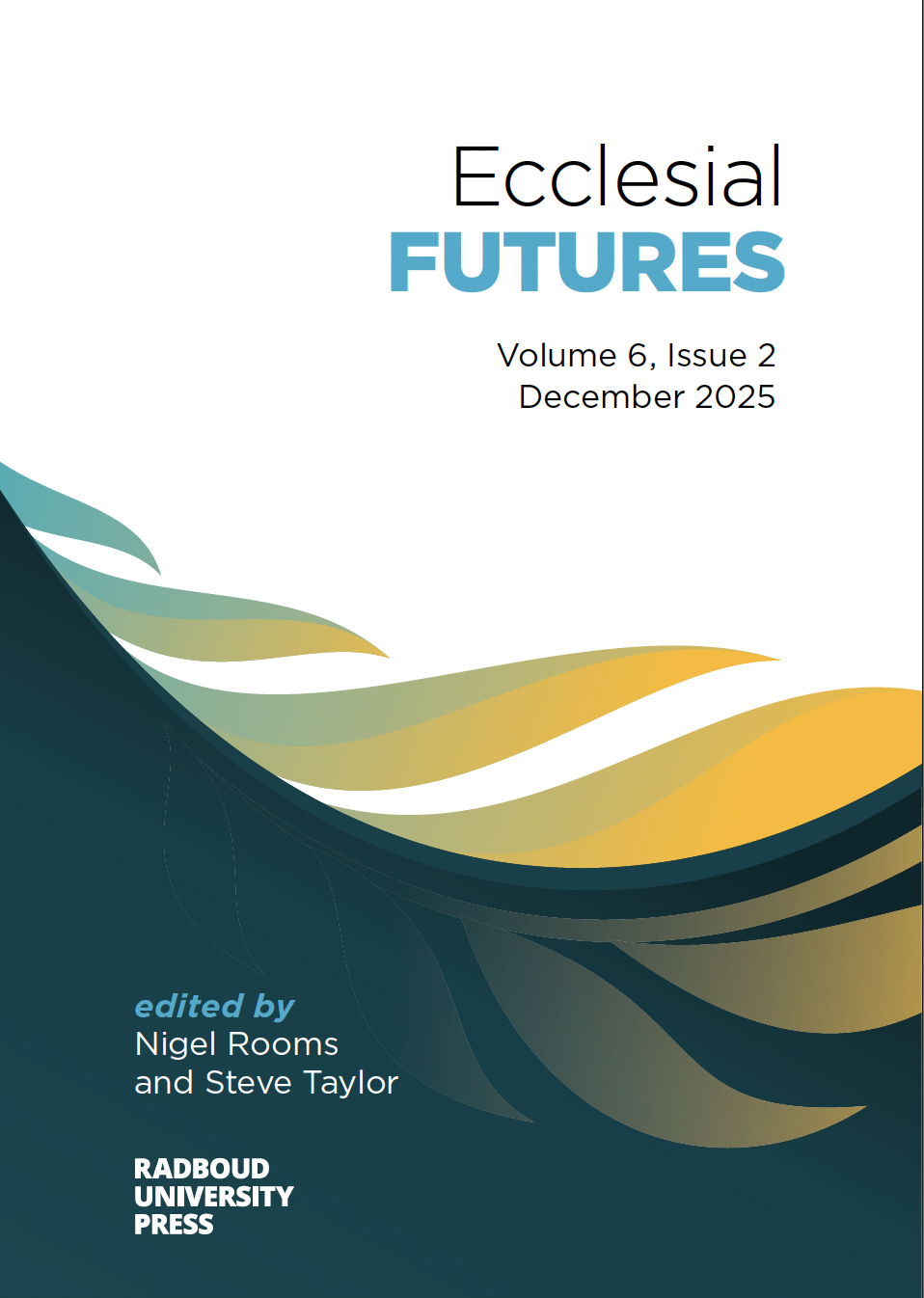Making Sense about the Future of Churches' Engagement with Technology: A Post-pandemic Reflection on Digital Ministry
DOI:
https://doi.org/10.54195/ef21714Keywords:
Congregations, COVID-19, Pandemic, Sensemaking, Digital church, TechnologyAbstract
The COVID-19 pandemic marked a pivotal moment for religious congregations, compelling them to navigate profound technological, theological and social disruptions. This article employs sensemaking theory to explore how congregational leaders interpreted and adapted to the challenges of digital ministry. Sensemaking theory offers a framework for understanding how people make sense and meaning out of complex situations, like to global COVID-19 pandemic. The article investigates church leaders’ experiences as documented by the Tech in Churches During COVID-19 project, a three-year study of how Indiana churches utilized and integrated technology to sustain community and worship amidst the pandemic. Findings highlight shifts in leaders’ attitudes toward technology, from seeing it as a peripheral tool pre-pandemic to an essential component of ministry afterwards. The study also reveals generational differences in technology adoption and decision-making, reflecting diverse approaches to maintaining theological and communal identities in a digital context. Despite technology offering unique opportunities for outreach and inclusivity, concerns about the sustainability, burnout and authenticity in tech ministry persist. This research calls for further exploration of equitable technological integration, intergenerational collaboration, and the relationship between faith and digital tools in post-pandemic reality.
Downloads
Downloads
Published
Issue
Section
License
Copyright (c) 2025 Heidi A Campbell, Meg Boone

This work is licensed under a Creative Commons Attribution 4.0 International License.










